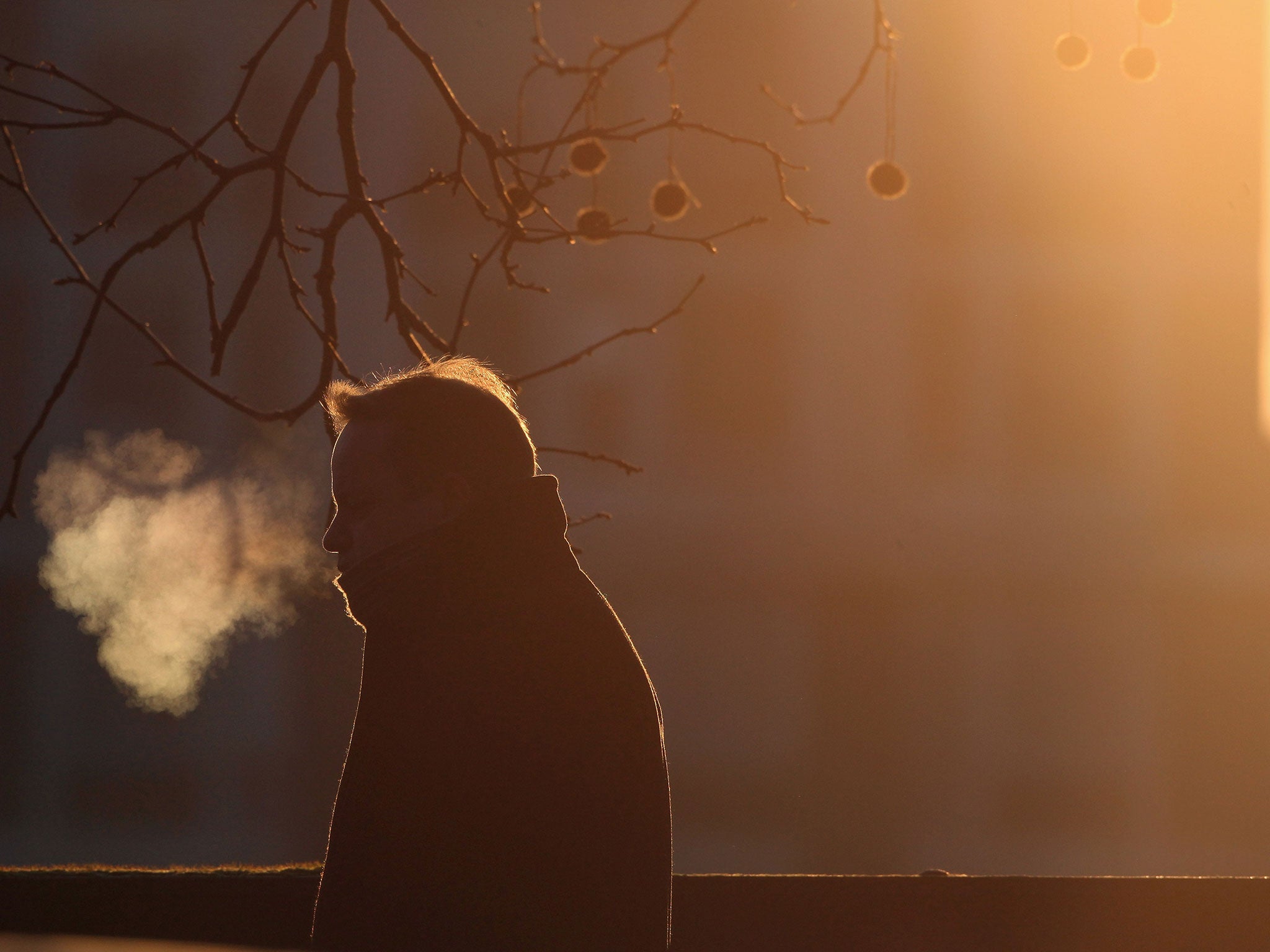What time is it? (And why this year should be the last time we have to ask this question)
The UK has been observing daylight savings since 1916

Your support helps us to tell the story
From reproductive rights to climate change to Big Tech, The Independent is on the ground when the story is developing. Whether it's investigating the financials of Elon Musk's pro-Trump PAC or producing our latest documentary, 'The A Word', which shines a light on the American women fighting for reproductive rights, we know how important it is to parse out the facts from the messaging.
At such a critical moment in US history, we need reporters on the ground. Your donation allows us to keep sending journalists to speak to both sides of the story.
The Independent is trusted by Americans across the entire political spectrum. And unlike many other quality news outlets, we choose not to lock Americans out of our reporting and analysis with paywalls. We believe quality journalism should be available to everyone, paid for by those who can afford it.
Your support makes all the difference.We might have got an extra hour in bed out of it - but now campaigners are arguing that daylight savings must be scrapped to save lives.
For almost a century, the UK has turned set back the time in October in order to allow for more usable daylight.
This year, the clocks went back at 2am on Sunday 25 October.
But the practise was introduced in post-war Britain, when rations and the amount of coal factories used for daylight was an issue.
The Royal Society for the Prevention of Accidents (RoSPA) warns that a more pressing issue now is the number of road traffic accidents that daylight savings appears to cause, citing an annual spike in incidents after late October.
The latest Department for Transport (DfT) figures show that 66 pedestrians were killed in November and 73 in December of 2014, compared with 39 in October and 29 in September.
The RoSPA is pushing for the UK to adopt a Single/Double Summer Time (SDST) system, which would see the time move one hour ahead throughout the year. Under these plans, the UK would operate under GMT+1 in winter, and GMT+2 in the summer.
However, Scotland is reluctant to accept the proposals, as the northern nation benefits from lighter mornings.
Tom Mullarkey, chief executive at the Royal Society for the Prevention of Accidents (RoSPA), told The Independent: “We have a duty to protect our children and other pedestrians and road users from death and injury, and we can save more people with such a simple change.
“More pedestrians are killed during the afternoon school run than in the morning, so we feel that by creating extra hours of daylight to cover this period we can prevent many more lives being lost and the untold devastation that can cause.
Addressing how the plans could help the economy and the evironment, he added: “A change to SDST would reduce CO2 pollution by at least 447,000 tonnes each year, increase working-day overlap with Europe and stockmarkets in Asia, and allow an extended tourism season, boosting the sector by an estimated £3billion. Not to mention the extra hours of daylight that we will all have to enjoy the outdoors.”
Subscribe to Independent Premium to bookmark this article
Want to bookmark your favourite articles and stories to read or reference later? Start your Independent Premium subscription today.
Join our commenting forum
Join thought-provoking conversations, follow other Independent readers and see their replies
Comments